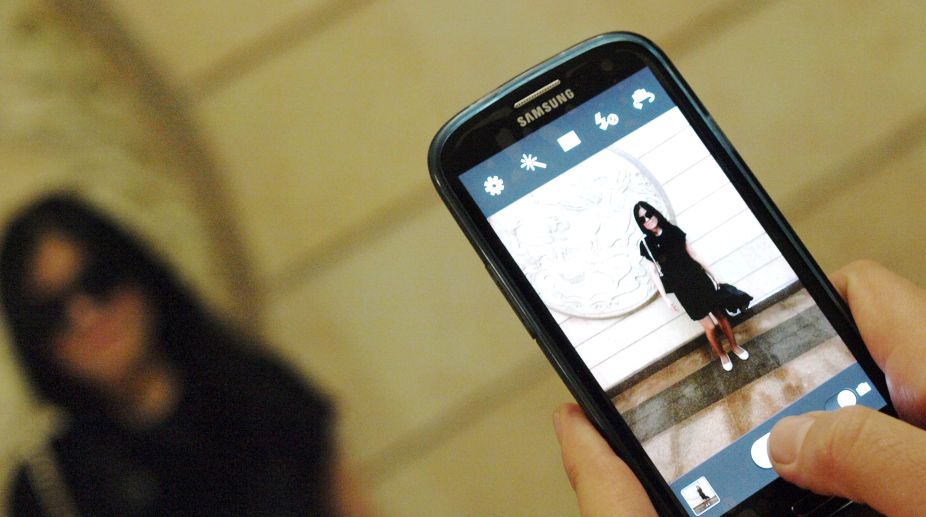Clicking pictures may help recall the details of what you see, say scientists who found that having camera can help enhance visual memory.
Researchers, including those from University of Pennsylvania in the US, conducted two experiments. In the first they had 294 participants tour a real-life museum exhibit of Etruscan artefacts.
The participants stashed their belongings before starting the tour but some were allowed to keep a camera on them. Those with a camera could photograph anything they wanted in the exhibit and were told to take at least 10 photos.
As the participants toured the exhibit, they listened to an accompanying audio guide. At the end of the tour, they answered multiple-choice questions asking them to identify objects they had seen or complete factual statements from the audio guide.
The results showed that those who took photos visually recognised more of the objects compared with those who did not have a camera. However, they also remembered less auditory information than their camera-less peers.
These findings provided evidence that taking pictures can enhance visual memory, researchers said.
For the second experiment researchers designed a virtual art-gallery tour. Participants navigated through the gallery on screen as they would in real life and some were able to take pictures of what they saw on screen by clicking an on- screen button.
Again, participants who were able to take pictures were better at recognising what they saw and worse at remembering what they heard, compared to those who could not take pictures.
Researchers found that participants who were able to take pictures performed better on visual memory tasks regardless of whether the objects in question were the most or least photographed.
Photo-takers even had better visual memory for aspects of the exhibit they didn't photograph, compared with participants who weren't able to take pictures.
These findings suggest that having a camera changes how people approach an experience in a fundamental way, researchers said.
“Even when people don't take a photo of a particular object, like a sculpture, but have a camera with them and the intention to take photos, they remember that sculpture better than people who did not have a camera with them,” researchers said.
The study was published in the journal Psychological Science.











